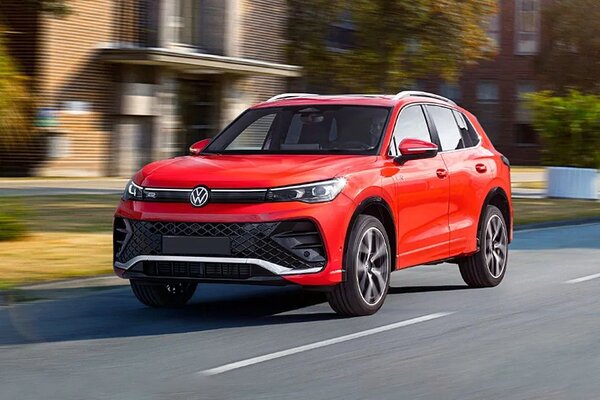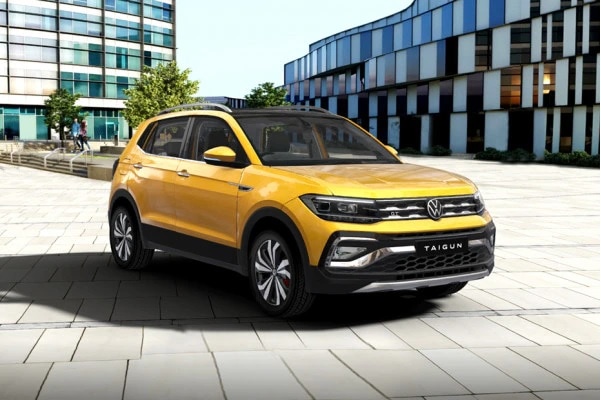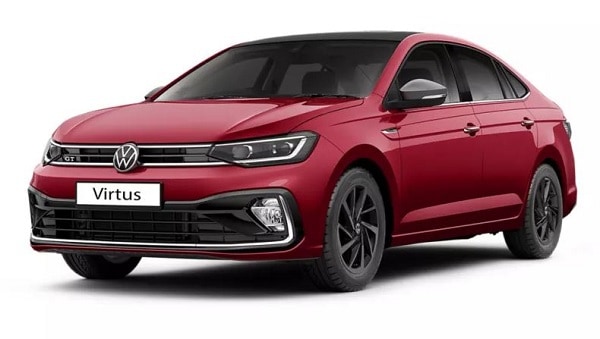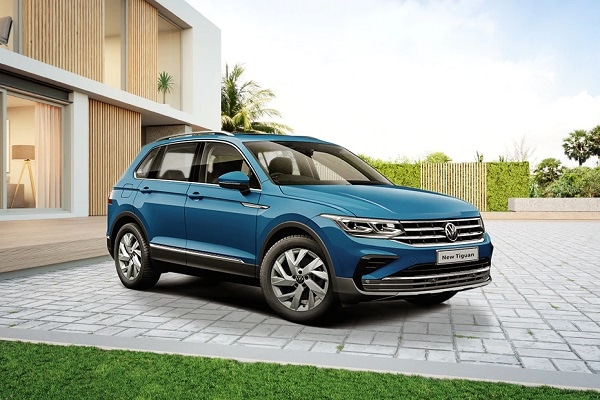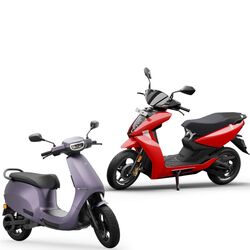Volkswagen ID.4 takes double time than Hyundai Ioniq 5 to recharge. Here's why
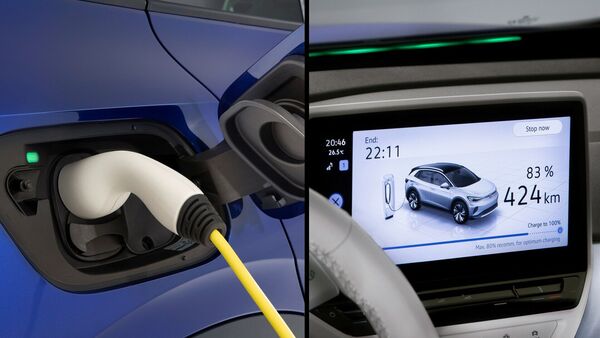

Volkswagen’s buggy software has gotten a lot of attention, with product delays making headlines and contributing to the ousting of Herbert Diess as chief executive officer.
The automaker also lags behind the competition in another respect that’s flown relatively under the radar: charging times.
The VW ID.4 and Hyundai Ioniq 5 are similarly priced vehicles, starting around $50,000 for their 77 kilowatt-hour (kWh) battery versions. But the ID.4 takes more than double the time to charge to 200 kilometers (124 miles) of range, with the two clocking in at 20 minutes and 10 minutes, respectively.
Also check these Vehicles
One of the engineering decisions that’s put Hyundai toward the head of the pack in this regard was its adoption of an 800-volt architecture. This enables its car batteries to more quickly take in electricity at higher power by lowering the current, which can be a limiting factor for other vehicles.
The Volkswagen Group brought an 800-volt system to market ahead of others with the Porsche Taycan that debuted in 2019, but decided against offering it across more models, at least for a few years. That decision, presumably having to do with expense, may have lacked vision. BloombergNEF’s latest research into ultra-fast charging finds that 24 automakers are adopting 800-volt technology, including established players Stellantis, Toyota Motor and General Motors, and China’s Nio, Xpeng and BYD.
During VW’s Power Day presentation last year, executives described plans to adopt solid-state batteries in certain vehicles after 2025 and said their target was to offer vehicles that charge to 80% from 10% in 12 minutes. VW’s EVs would need to charge at significantly higher powers than the current lineup, likely leading to adoption of 800-volt technology.
In fairness to VW, there’s some debate about whether putting this technology into smaller, less-luxurious vehicles makes strategic sense. Tesla CEO Elon Musk and CTO Drew Baglino questioned this during an earnings call in April, saying the advantages of moving the Model 3 and Model Y over to 800 volts would be limited and the cost would be high.
Tesla is managing to reach similar charging powers with 400-volt systems that other vehicles achieve with 800-volt alternatives. It’s unclear if the company can squeeze more out of its 400-volt systems, though, and Musk and Baglino did say an 800-volt system was under consideration for Tesla’s larger Semi and Cybertruck models.
As the market for 800-volt components grows and automakers and their suppliers innovate, the cost gap will narrow and 800-volt technology could take more of the market. Companies including ZF Friedrichshafen, Schaeffler and Marelli have recently presented 800-volt components.
Hyundai’s willingness to adopt 800-volt technology hasn’t translated to domination of the EV market, as the manufacturer hasn’t been able to satisfy demand. In the current supply chain climate, quickly taking delivery of most EV models is challenging, with buyers waiting more than a year in some cases. Being able to produce at scale is one of the biggest competitive advantages.
Tesla is far out in front, managing to deliver about 411,000 Model Ys in Europe, the US and Canada in the last 18 months, compared with roughly 100,000 VW ID.4s and 56,000 Hyundai Ioniq 5s. But even Tesla has been production constrained, with just 18% of those sales occurring in Europe.
What’s worrying for Volkswagen is that ID.4 sales have had longer to pick up than the Ioniq 5, but were lower in the first half of this year, with just 5,300 ID4s sold in the US and Canada compared to more than 17,200 for the Ioniq 5.
Consumer demand for the fastest and jazziest things — whether they use them or not — should not be underestimated. Neither should the number of drivers who will use fast-charging more regularly.
While VW may still be jostling for charging superiority on its future vehicles, the lack of this technology across its current lineup carries risk — some consumers are going to look elsewhere for a battery that tops up quicker.







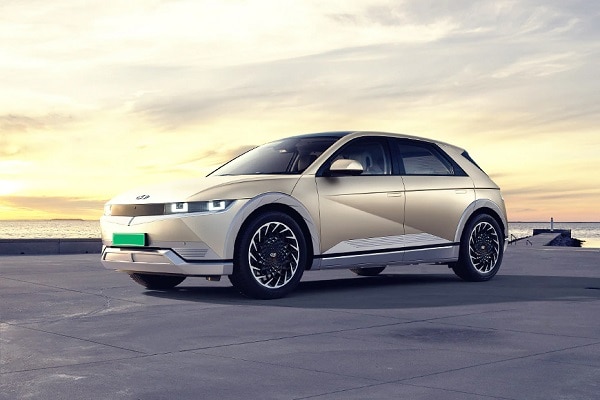
 72.6 kWh
72.6 kWh 631 Km
631 Km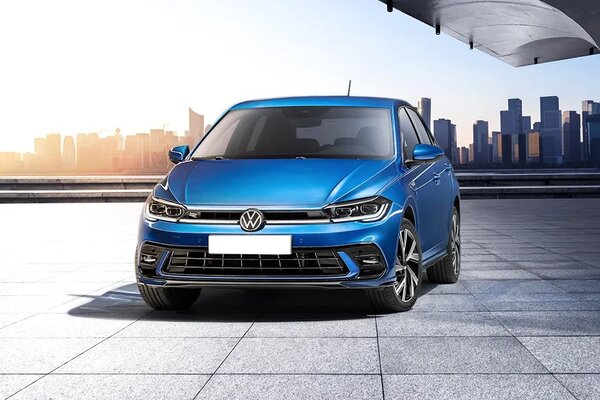
 999 cc
999 cc Petrol
Petrol